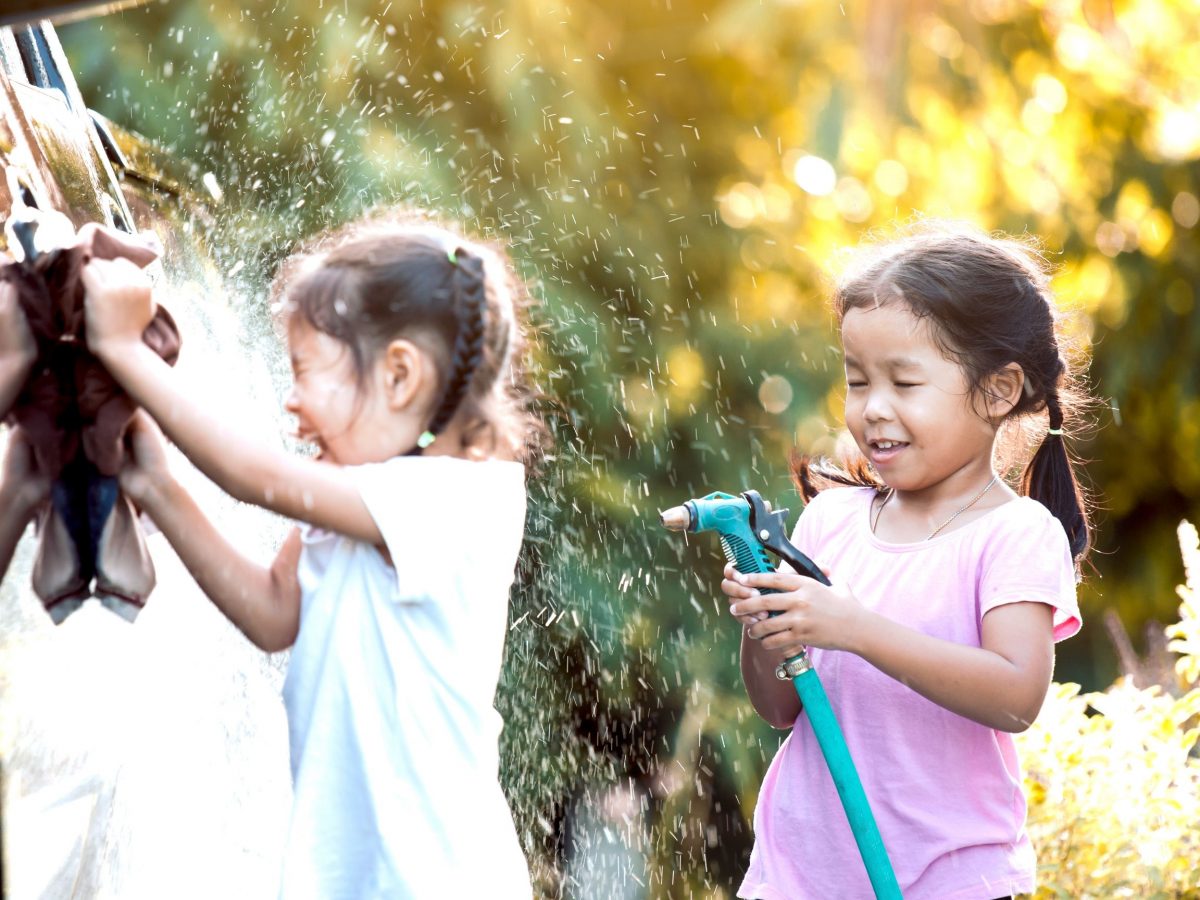Making friends can be a challenge for some children. They may lack confidence or have trouble developing essential social skills. However, there are methods you can assist teach your child to defeat their worries and make friends. Social interaction and friendships are tremendously vital for self-worth. But it does not come to everyone naturally. Making companions takes practice, and you can assist your child by practising social circumstances and role-playing in advance.

If you want to socialise your child, then you may find certain parenting challenges; however, by following the below-mentioned steps the process can become a lot easier:
Encourage your child to be helpful
Let him assist sort the washing or clear the table. Children who see themselves in a culture that cares about other people are more likely to have superior social skills.
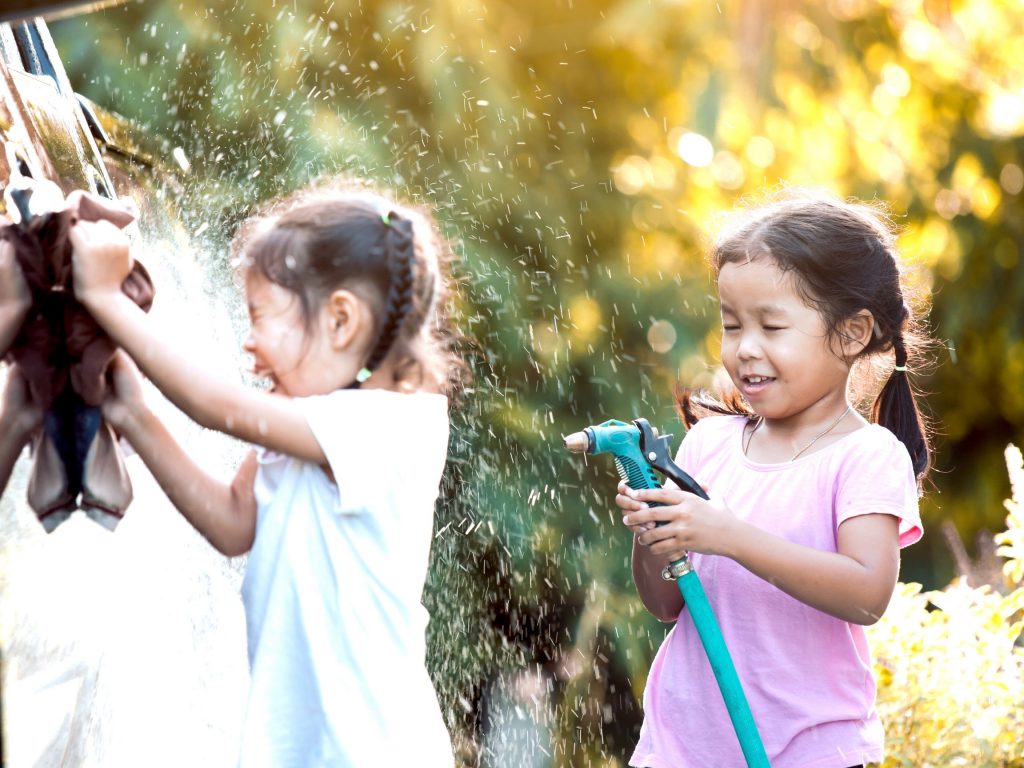
Show love to your kids, even if you find this hard
Children who are more affectionate and open are more likely to socialise or have friends.
- Set a good instance. Parents should be caring, polite, and well-mannered to each other if they want their kids to act in this way.
- Decrease the level of competition between kids. Do not separate things equally. It only motivates the children to search for a bigger share. Give according to necessity.
- Value her social skills. When she is polite or considerate tell her how proud you are of her. Value and expect caring and mutual respect.
- Care for distinctively. A child who knows she is loved for herself finds it simpler to share something of herself with others.
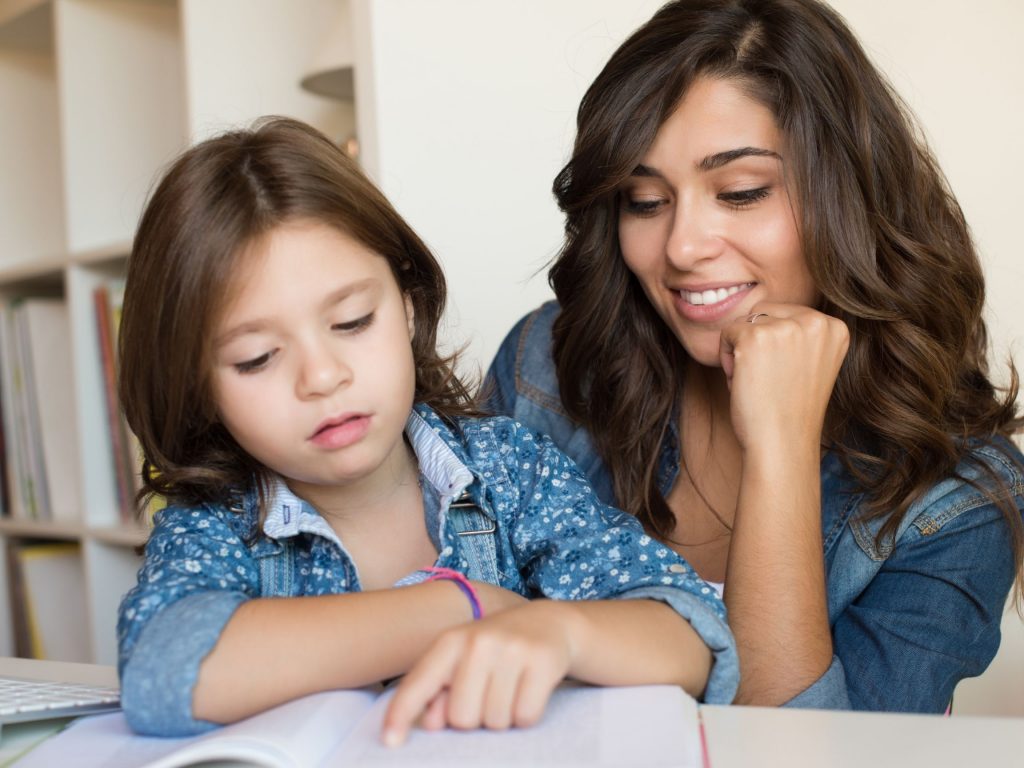
- Teach sympathy: Run through various situations by requesting your child how other individuals may feel when definite things take place, and substitute various situations each time.
- Explain how to share, wait: Sit down with your child for an hour every day and have fun with him to explain what it indicates to share, take turns, and wait.
- Practice how to behave: Educate kids the appropriate way to begin a discussion, get an individual’s attention, or join a few children who are playing together already. These are all circumstances that can be brainstormed and discussed at the dinner table, or in the car on the way to school or activities.
- Clarify personal space: Tell your child that it is essential for everybody to have some private space to feel at ease, and practice suitable ways to communicate with anyone during playtime.
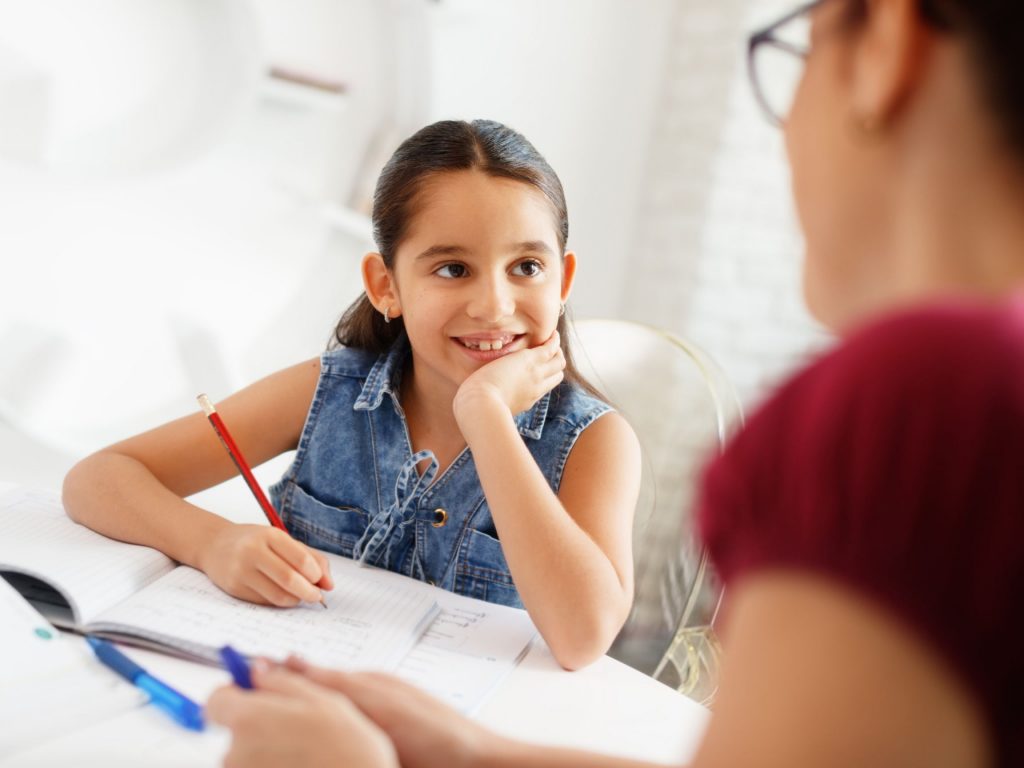
Special Needs Children
Children with learning disabilities and ADHD may need additional assistance in developing social skills. The impulsive behaviour and the short irritation patience of an ADHD child can result in poor relationships with friends. Children with poor concentration and attention fail to adjust to the social cues in their environment and hence do not learn social skills via experience.
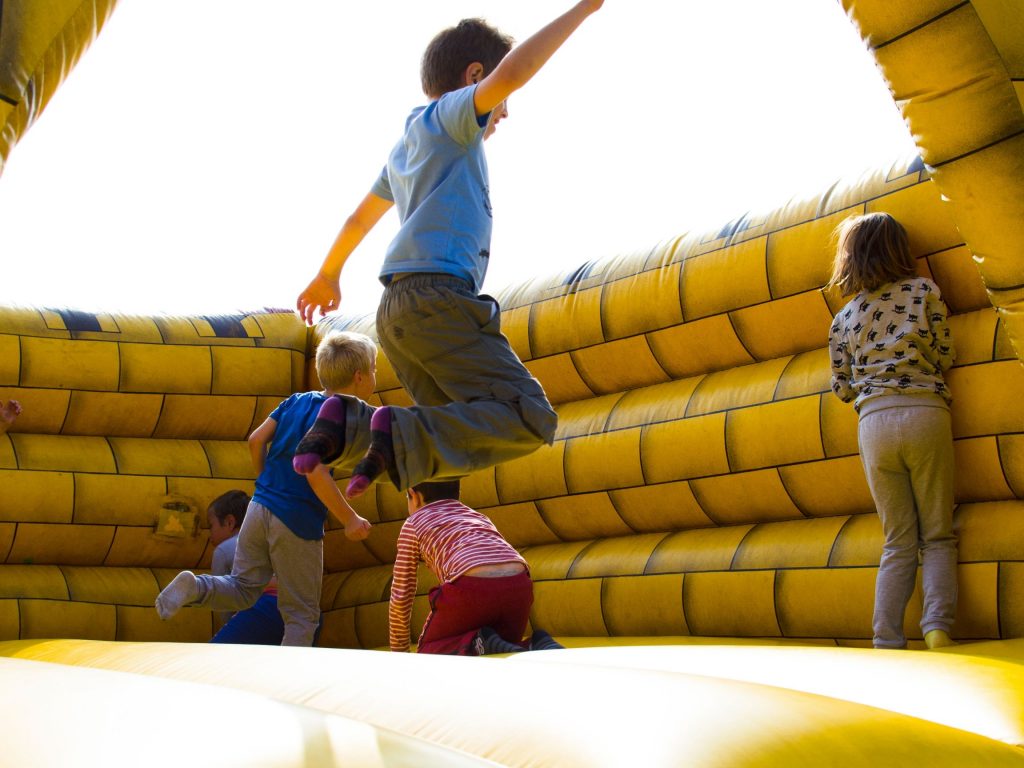
Children with learning disabilities might have trouble processing information from the social environment or have difficulty with self-expression. An outstanding parenting way for helping the child to keep and make friends and to socialise is to provide frequent and immediate feedback about wrong behaviour or social mistakes. Role-playing can be very useful to practice, model, and teach positive social skills, in addition to ways to reply to challenging situations such as teasing.
